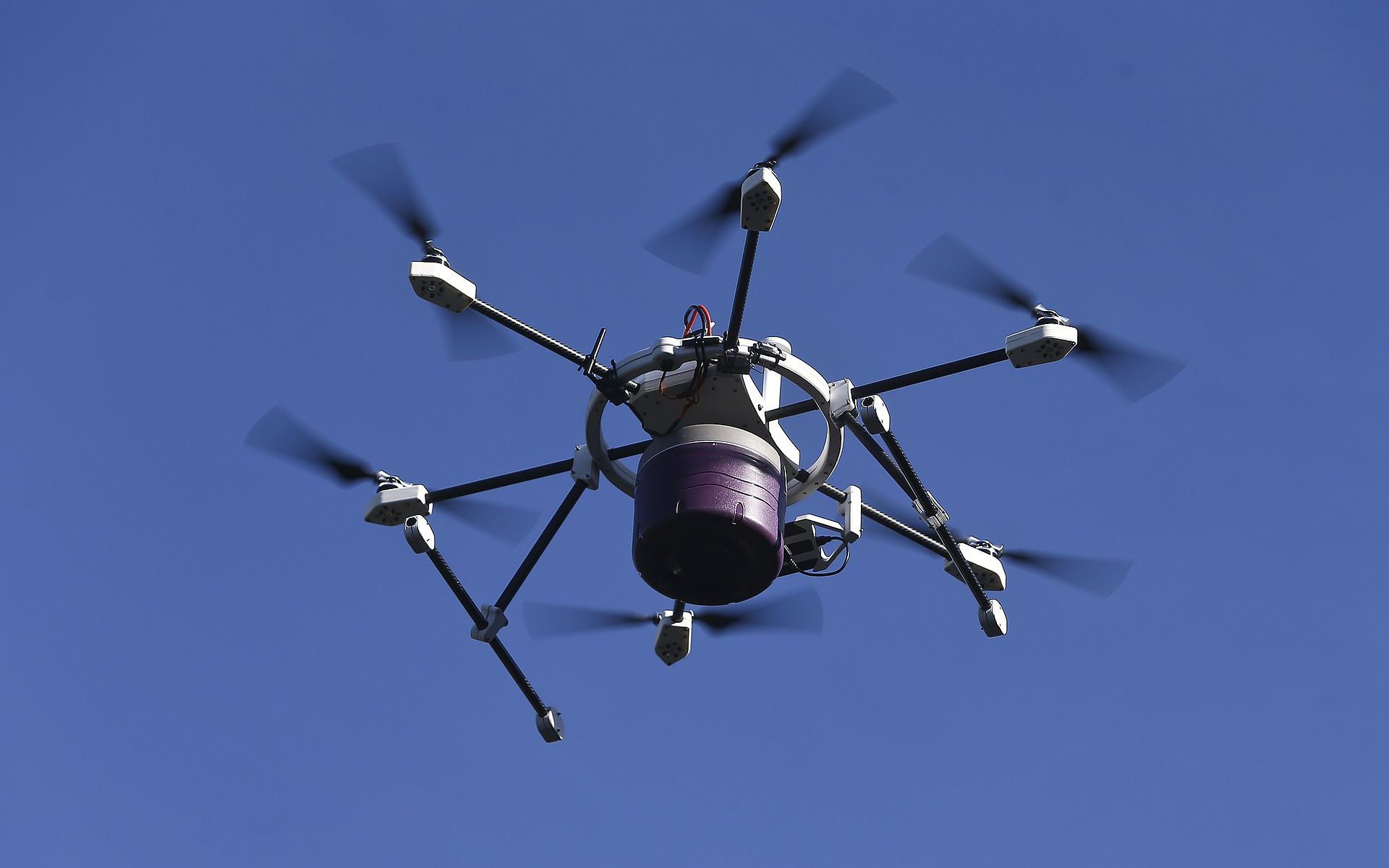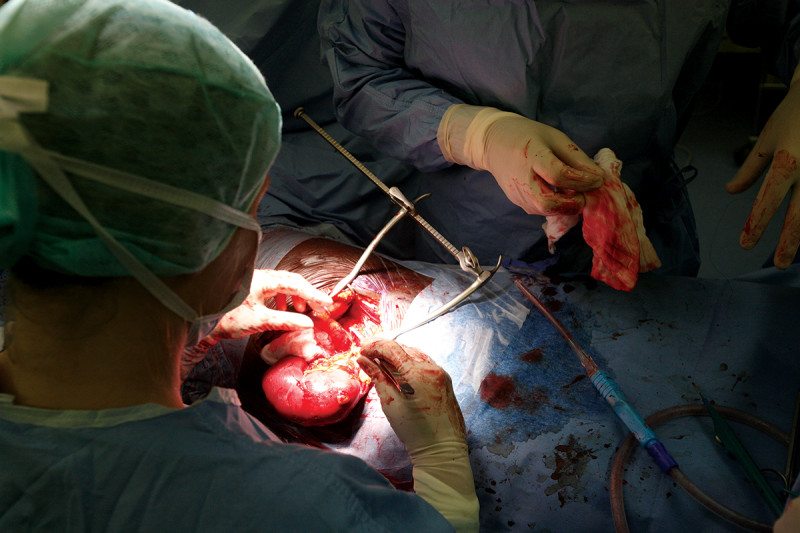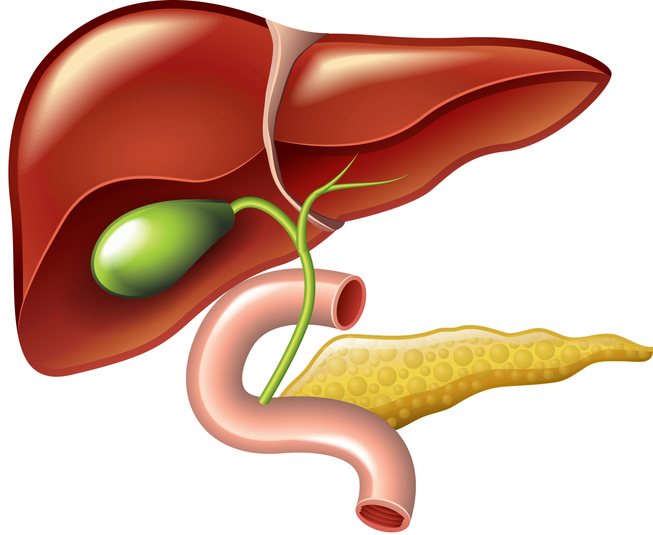“Your kidneys play a vital role in balancing the amount of fluid in your body, detecting waste in your blood, and knowing when to release the vitamins, minerals, and hormones you need to stay alive. They do this by disposing of waste products and turning them into urine.”
Lear more from UNOS here.







